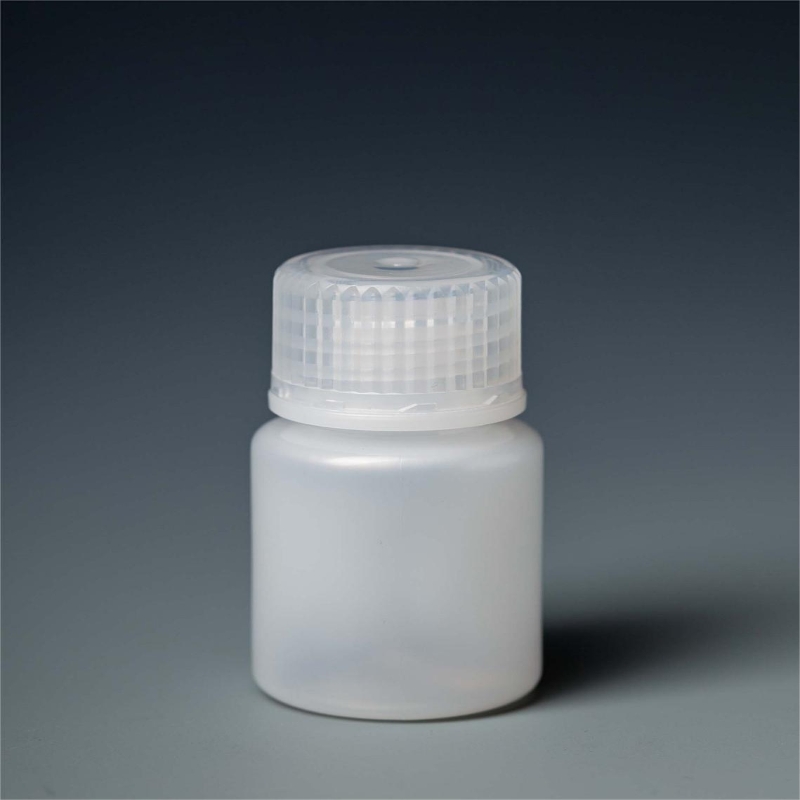-
Categories
-
Pharmaceutical Intermediates
-
Active Pharmaceutical Ingredients
-
Food Additives
- Industrial Coatings
- Agrochemicals
- Dyes and Pigments
- Surfactant
- Flavors and Fragrances
- Chemical Reagents
- Catalyst and Auxiliary
- Natural Products
- Inorganic Chemistry
-
Organic Chemistry
-
Biochemical Engineering
- Analytical Chemistry
-
Cosmetic Ingredient
- Water Treatment Chemical
-
Pharmaceutical Intermediates
Promotion
ECHEMI Mall
Wholesale
Weekly Price
Exhibition
News
-
Trade Service
Everolimus is a drug that is used to treat certain types of cancer, and it is also known by its chemical name, rapamycin.
This drug is produced through a complex process that involves several different chemical reactions, and it is used in the treatment of cancer due to its ability to inhibit the growth of cancer cells.
In the chemical industry, it is important to understand the upstream and downstream products of a particular chemical in order to fully understand its production and use.
Upstream Products of Everolimus
The upstream products of everolimus are the chemicals and raw materials that are used in the production of the drug.
These products are typically obtained from natural sources, and they are used as starting materials in the manufacturing process.
In the case of everolimus, the upstream products include the raw materials that are used to synthesize the drug, such as the precursor molecule called rapamycin.
The process of obtaining these upstream products can be complex and time-consuming, and it often involves the use of specialized equipment and techniques.
For example, the raw material rapamycin is extracted from a type of bacteria called Streptomyces hygroscopicus, and this requires the use of specialized equipment and cultivation techniques.
The extraction and purification of the raw material is a critical step in the production of everolimus, as it ensures that the final product is of high quality and is safe for use in patients.
Downstream Products of Everolimus
The downstream products of everolimus are the final products that are produced using the drug as a starting material.
These products are typically used in the treatment of cancer, and they can be in the form of tablets, capsules, or liquid formulations.
The downstream products of everolimus are typically manufactured by pharmaceutical companies, and they are subject to strict quality control and regulatory standards.
In addition to its use in the treatment of cancer, everolimus is also used in the production of other chemicals and products.
For example, it is used in the production of biodegradable polymers, which are used in a variety of applications, such as in the production of bioplastics and medical devices.
The use of everolimus in the production of these downstream products is a growing area of research, and it has the potential to provide new and innovative solutions for a range of industries.
Benefits of Understanding Upstream and Downstream Products
Understanding the upstream and downstream products of everolimus is important for several reasons.
Firstly, it allows for a more complete understanding of the production process and the role of the drug in the treatment of cancer.
It also allows for a more comprehensive understanding of the supply chain and the sources of the raw materials used in the production of the drug.
Furthermore, understanding the upstream and downstream products of everolimus is important for ensuring the quality and safety of the final product.
By understanding the production process and the sources of the raw materials used, it is possible to ensure that the final product is of high quality and is safe for use in patients.
This is particularly important in the case of everolimus, as it is used in the treatment of cancer, and any impurities or contaminants in the final product could have serious consequences for patients.
Conclusion
In conclusion, everolimus is a drug that is used in the treatment of cancer, and it is produced through a complex process that involves several different chemical reactions.
By understanding the upstream and downstream products of everolimus, it is possible to gain a more complete understanding of the production process and the role of the drug in the treatment of cancer.
Additionally, by understanding the supply chain and the sources of the raw materials used, it is possible to ensure the quality and safety of the final product, which is critical in the treatment of cancer.







